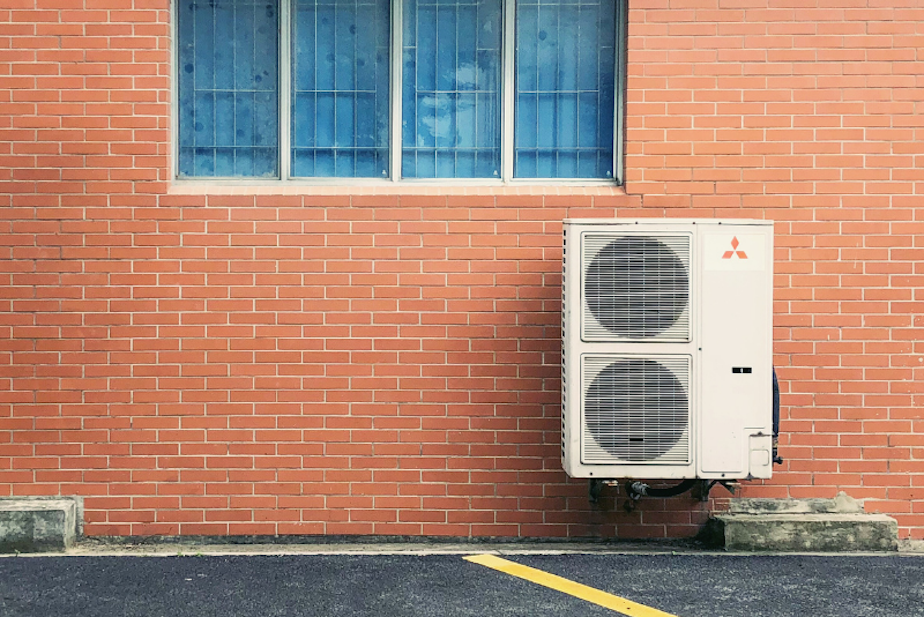Environmentalists hope for silver lining to Seattle’s surging A/C demands

A Seattle company received 650 calls on Monday; one in Auburn reported 300. Local HVAC companies were deluged with requests for air-conditioning systems during Seattle’s recent heat wave. But environmentalists say sweltering residents should consider their options first.
According to the U.S. Census Bureau, fewer than half of the homes in Seattle had air-conditioning in 2019. After this week’s record heat wave, people are scrambling to get their hands on an A/C unit. But more A/C could mean more energy consumption and carbon emissions, straining power grids and worsening the climate change that drove the heat wave in the first place.
Eric de Place is the director of climate and energy policy at Seattle’s Sightline Institute. He said he’s hopeful about another possibility — that the heat wave will boost the adoption of electric heat pumps, which use less energy than traditional furnaces and air-conditioners to heat and cool buildings.
“If what happens is that people convert, instead of to an air-conditioning unit that you would plug into a wall, but to a heat pump that will take care of your home all four seasons, that’s a huge win for the climate,” he said. “It’s clear that the market is moving that way. I think heat waves like this accelerate that trend and they can be made to accelerate that trend even faster.”
The pumps take the place of a furnace and an air-conditioner. The U.S. Energy Department said pumps can cut energy used for heating in half. According to the website Home Advisor, installation of central air-conditioning and heat pumps both start at under $4,000, but vary considerably.
De Place said heat pumps can be more expensive to install; he said governments should explore rebates or other incentives. The city of Seattle previously offered a $1,200 rebate for qualified ductless heat pumps, but a city spokesperson said that program "no longer exists."
Sponsored
Last summer’s wildfire smoke may have provided another incentive for people to consider them.
“I think unfortunately we’re going to see more opportunities where people are struggling with high temperatures or with wildfire smoke where they want to keep windows closed,” de Place said.
Seattle resident John Crusius said in an email to KUOW that he’s had an electric heat pump for two years, and never needed the cooling option until this week.
“A whole-house heat pump can cool many houses (ours included), simply by running the fan, and circulating the air in the house, through the vents (without any refrigeration), requiring very little energy,” he said. “Running the fan in this way has sufficed to keep our house cool enough, by itself, the last two summers. But Sunday and Monday were just too hot, and the refrigeration kicked in.”
But there could be a wait — de Place says he’s on the list to get a heat pump installed in August or September.
This year, Democratic state representative Alex Ramel sponsored legislation to incentivize the adoption of heat pumps statewide, but his proposal died in committee. He said with “story after story of people unable to sleep or work in this heat," there's more urgency to address these issues. Ramel said, "We need incentives and workforce training to keep accelerating this transition, and I intend to keep working on it.”
Sponsored
The Washington Air Conditioning Contractors Association did not respond to an interview request in time for publication. Some local companies provide context on the pros and cons of heat pumps and other options for the Seattle region here and here.
7/2/2021 Correction: The original version of this story incorrectly mentioned a City of Seattle rebate program for ductless heat pumps. The story has been updated to note that the program has been discontinued.




